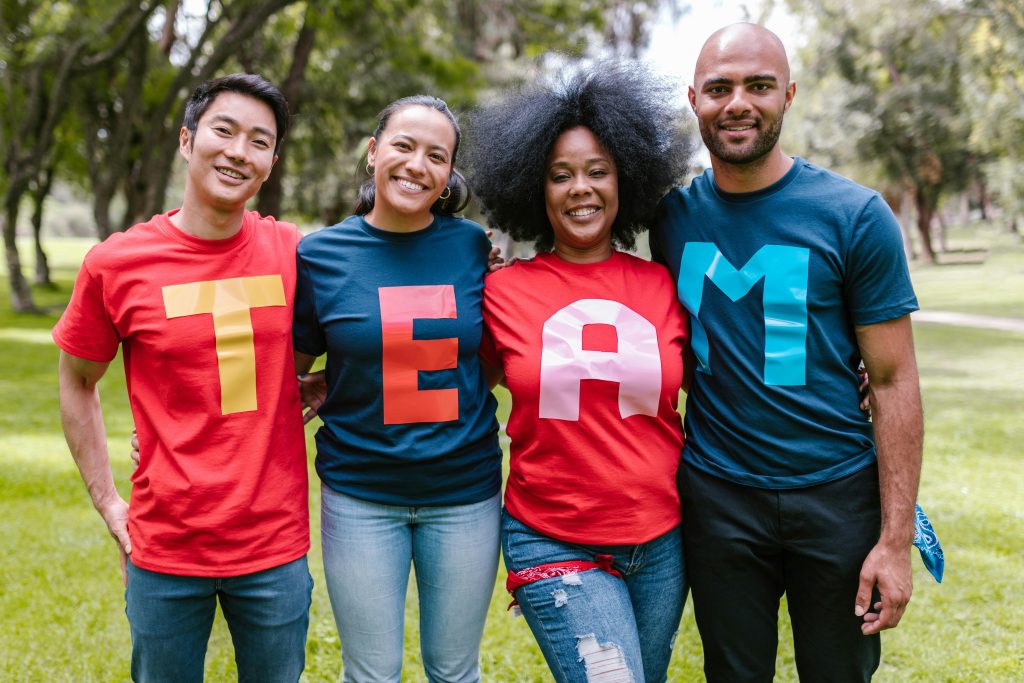Unveiling the Privacy Dynamics of Smartphone Apps: Contact Access and the Mysterious World of Freezer Apps
In the modern, hyper-connected world, smartphones have become an essential part of our daily lives. They store not only our memories and moments through photos and videos but also critical personal information, such as contacts, messages, and other data. With the advent of mobile applications designed to enhance user experience, privacy has become a paramount concern. This blog post explores two primary concerns: Can phone apps really access your contacts and communicate without your knowledge? And what are those curious “freezer apps” you might have heard about?
Understanding App Permissions: The Gateway to Your Data
The Role of App Permissions
Mobile apps require certain permissions to function properly. These permissions include access to the camera, microphone, location, and phone book, among others. When you download and install an app, it often requests permission to access necessary features of your phone that enhance its functionality. For instance, a navigation app requires location access to provide real-time directions. Similarly, social networking apps might request access to your phone book to help you easily connect with existing contacts on their platform.
The Potential Risks
Granting an app access to your contacts opens the door for both beneficial features and potential misuse. Once access is granted, the app can theoretically download, save, and even transmit your contacts’ data back to its servers. Some apps may use this information for legitimate purposes, such as syncing contacts for messaging services, while others might exploit it for unsolicited marketing or, in worst-case scenarios, sell it to third parties.
Apps Calling or Messaging Without Your Knowledge
While most apps do not secretly call or message your contacts without explicit user action, the risk still exists if the app is malicious or poorly designed. In some documented cases, shady apps have sent promotional messages to contacts without the user’s consent. To mitigate this risk, it is critical to only download apps from trusted sources like official app stores, which perform regular checks for app safety and legitimacy. Reading app reviews and understanding privacy policies before downloading also contribute to safeguarding your data.
Data Deletion After Uninstalling
When you uninstall an app, it no longer has access to your phone’s data. However, if the app had already stored contact information on its servers, deleting the app might not necessarily erase all of your shared data. Ensuring data protection may involve going through the app’s privacy settings and requesting data removal, if such options are available. Consider reaching out to the app’s support team for assistance in data deletion if necessary.
Freezer Apps: The Hidden Privacy Guardians
What Are Freezer Apps?
Dubbed “freezer apps,” these specialized applications put other apps into a state akin to hibernation. The primary purpose of a freezer app is to manage and optimize smartphone performance by temporarily freezing apps that are not in active use. This means preventing these dormant apps from running background processes, thereby reducing battery consumption, minimizing background data usage, and limiting unnecessary storage use.
How Do They Work?
When you place an app in a freezer, it essentially gets ‘paused.’ Its background processes, notifications, and updates are halted until it is unfrozen and actively used again. This can be particularly beneficial for less frequently used apps that may otherwise slow down your phone with unnecessary operations.
Are Freezer Apps Effective?
The effectiveness of freezer apps can depend on several factors, including the specific app’s design and the operating system of your smartphone. On many Android devices, users have reported marked improvements in battery life and system efficiency when employing freezer apps judiciously. However, iPhone users may find freezer apps less impactful due to iOS’s robust app management systems.
Balancing Benefits and Drawbacks
While freezer apps offer significant advantages, there are also potential downsides. Some apps might not function properly when ‘unfrozen,’ requiring re-installation or settings adjustments. It is also crucial to ensure that freezing a critical app does not inadvertently limit important notifications or updates that could impact functionality or security.
Practical Example of Freezer App Usage
Consider a user who has numerous social media apps installed but only uses a few frequently. By utilizing a freezer app, the user can freeze lesser-used apps like LinkedIn or Pinterest, preventing them from refreshing data when not in active use. This prevents unnecessary battery drain and data usage, ultimately contributing to a smoother device operation.
Enhancing Privacy and Performance: User Tips
-
Regularly Review App Permissions: Periodically check the permissions granted to each app. Revoke unnecessary permissions to improve confidentiality. Both Android and iOS platforms allow users to keep a check on app permissions via their settings.
-
Be Selective with Downloads: Always opt to download apps from trusted sources and verify reviews and ratings to assess trustworthiness.
-
Utilize Built-in OS Tools: Modern smartphones come with in-built features and tools for managing battery and data use. These can be intelligently leveraged before resorting to third-party apps.
-
Antivirus Software: Consider using reputable antivirus software that also scans apps for malicious behavior to ensure comprehensive protection.
-
Research: Familiarize yourself with the app’s privacy policy and terms of service to understand data usage policies and practices.
-
Uninstall Unused Apps: Regularly assess the necessity of each app. Uninstalling unused apps not only saves storage but also limits potential privacy intrusions.
Conclusion
In conclusion, while the convenience of smartphone apps comes with a degree of risk, understanding and managing app permissions can mitigate potential privacy invasions. By using freezer apps judiciously, users can enjoy optimized device performance without sacrificing critical functionalities of their essential applications. As smartphone technology progresses, staying informed about privacy and data protection remains an empowering tool for every user navigating the digital landscape.
Share this content:




Thank you for your detailed inquiry. Yes, mobile apps can access your contacts if you grant them the necessary permissions during installation or through app settings. Most apps that require contact information—such as messaging or social media apps—will request such access explicitly, and it’s crucial to review these permissions carefully before granting them.
To enhance your privacy, periodically review and manage app permissions on your device. Both Android and iOS provide straightforward ways to do this:
Regarding freezer apps, they can be useful to optimize device performance by freezing background apps that you don’t frequently use. However, be cautious when freezing apps that might be critical for security or notifications, as this could impact functionality or timely updates.
Always ensure you download apps from trusted sources, read their privacy policies, and keep permissions in check. Additionally, consider using built-in device security features and reputable antivirus tools to further protect your data.
If you want to prevent apps from accessing your contacts altogether, deny contact permissions during installation or through your device settings.